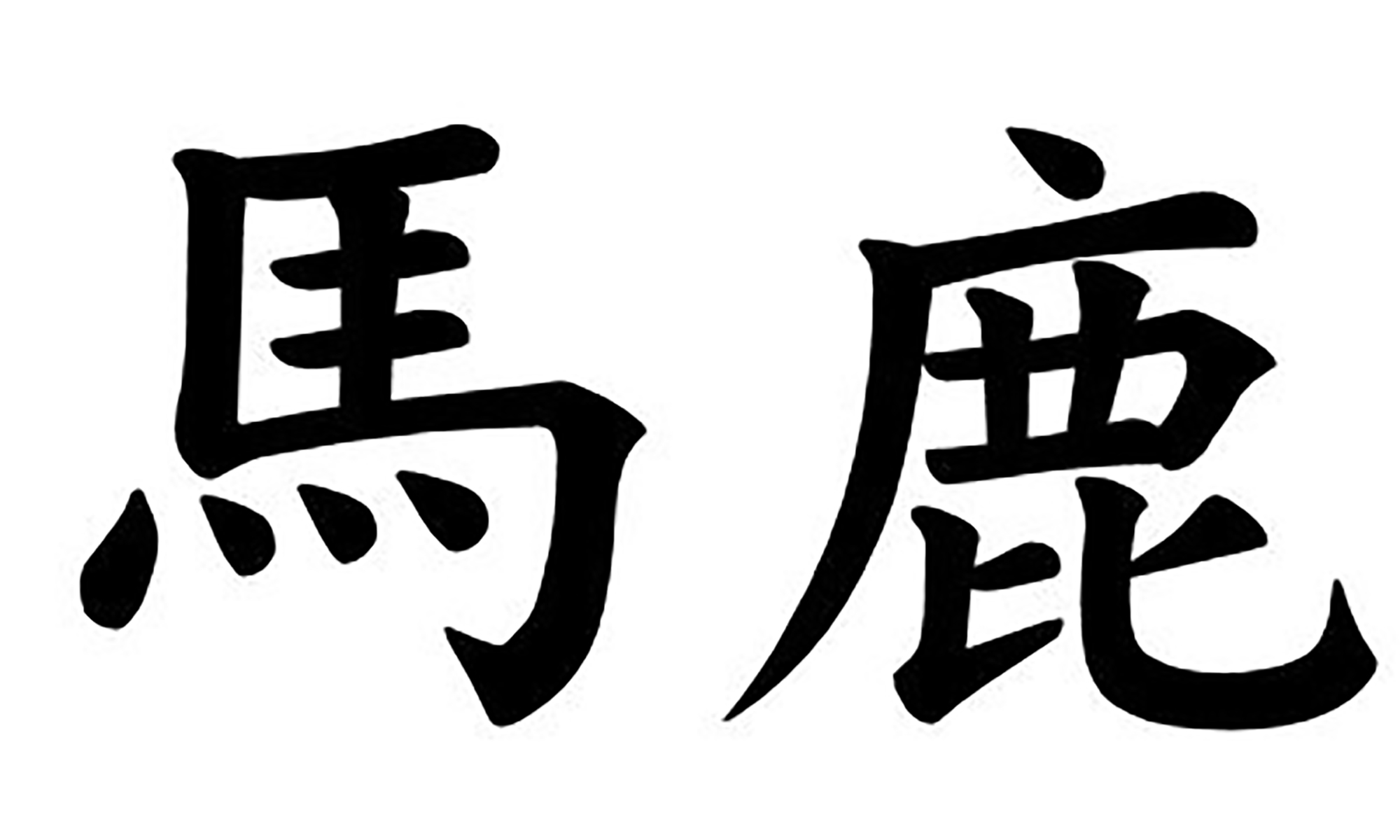Rather than hijacking a thread on Og’s Facebook page (where he’s really talking about IMTS), I’m putting this here. Og mentioned a kosher food stand that he found at IMTS that had really good food and yellow-cap (kosher l’Pesach) Coca-Cola. This led to a discussion about kashrut, which, as anyone who knows me and/or has followed this blog over the last 14 years, is a Jewish convention I don’t bother with, even though I currently affiliate with an orthodox synagogue. A knowledgeable Jewish friend of his explained the Talmudic version of kashrut as it applies to grains which are forbidden for consumption during Passover. It is important to note that the Talmud is simply an interpretation of laws derived from the Oral Law, otherwise known as Torah, otherwise known as the first five books of the Bible which are claimed to be of Mosaic authorship. Or more to the point, the very Word of G-d as written down by Moses at Sinai while he was up there for 40 days and nights and the people ran riot.
Modern scholarship is pretty clear that the Five Books of Moses are heavily redacted and derive from at least four (and possibly more) schools of tradition. There are whole treatises written about where one of those schools leaves off and another takes over…sometimes for only a sentence or two. And it’s thought that this redactive process began with Ezra, who started writing down all of the oral traditions that were flying around and editing them together into a cohesive whole during the Babylonian Exile, after the destruction of the First Temple.
Talmud, on the other hand, was simply an interpretation of Ezra’s Torah. In other words, the Talmudic scholars, from around AD 200 and continuing for three centuries afterward, started teasing out actual legislation from the text, which was, as noted, considered The Word of G-d as transcribed by Moses. These were the men who discovered the 613 statutes found in the Code of Jewish Law, 365 of which were negative (“don’t do this”) and 248 of which were positive (“do this”). And among these laws thus discovered were the laws of kashrut — the prohibition on eating milk and meat together based primarily on three repetitions of the commandment not to seethe a kid in the milk of its mother, that of not eating pork based on verses that disallowed eating of anything that had a cloven hoof and didn’t chew the cud, and the prohibition of eating certain fermentable grains during Passover based on the idea that the Hebrews were so rushed on their way out of Egypt that they did not have time to let their bread rise, and it then baked into matzoh on their backs in the sun as they marched. And myriad other such micro-managed prohibitions and allowances, like exactly how one must butcher a beef.
Once codified, these laws were iron-clad, and they stayed that way for centuries. Indeed, in certain communities of Jews (Chasidim and other ultra-orthodox), they remain so to this day. Interpretation to cover odd local situations (often via correspondence with learned rabbis in major centers of learning, called responsa) was allowed, but was generally quite narrow in scope.
Given the timing of the writing of the Mishneh (the earlier half of the Talmud) — during a period about a century after the destruction of the Second Temple, and at a time when Jewish communities were likely shrinking due to assimilation with the Romans and conversions to early Christianity — it seems to me that the Talmudic laws of kashrut were carefully designed to prevent the Jewish people (particularly in the Diaspora) from assimilating with non-Jews. They’re also designed to prevent the casual Gentile from converting or marrying in. From ancient times, but particularly since the beginning of the Diaspora, there have always been overriding social reasons to prevent Jews from dining (and thus associating socially, which can lead to intermarriage) with non-Jews. It’s how the community endured into modern times in a world where Jews lived in tiny communities and were mistrusted as being the “other”. Closing themselves into ghettos was another manifestation of this endurance. This, to me, is not religious in nature, but simply a near-panicked grasping at anything that could keep the community together in the face of adversity.
I consider myself a religious Jew, but I find these medieval social conventions still being adhered to by some Jews in a modern world patently ridiculous. The world is still dangerous and it still hates us — but part of the reason it hates us is because it thinks we look down on it and consider it inferior. We are, after all, the Chosen People, although I think that phrase does not mean what most people think it does.*
I have always believed that if Judaism has validity and purpose, it will survive regardless of how many leave the fold. Thus I reject kashrut as an outmoded social modifier.
But yeah, the kosher folks make the best food. Which is why I eat it when offered 🙂
________________
* Primarily, we seem to be chosen to get the shit stomped out of us on a regular basis. Which is why I’m armed. No cattle-car for me!
